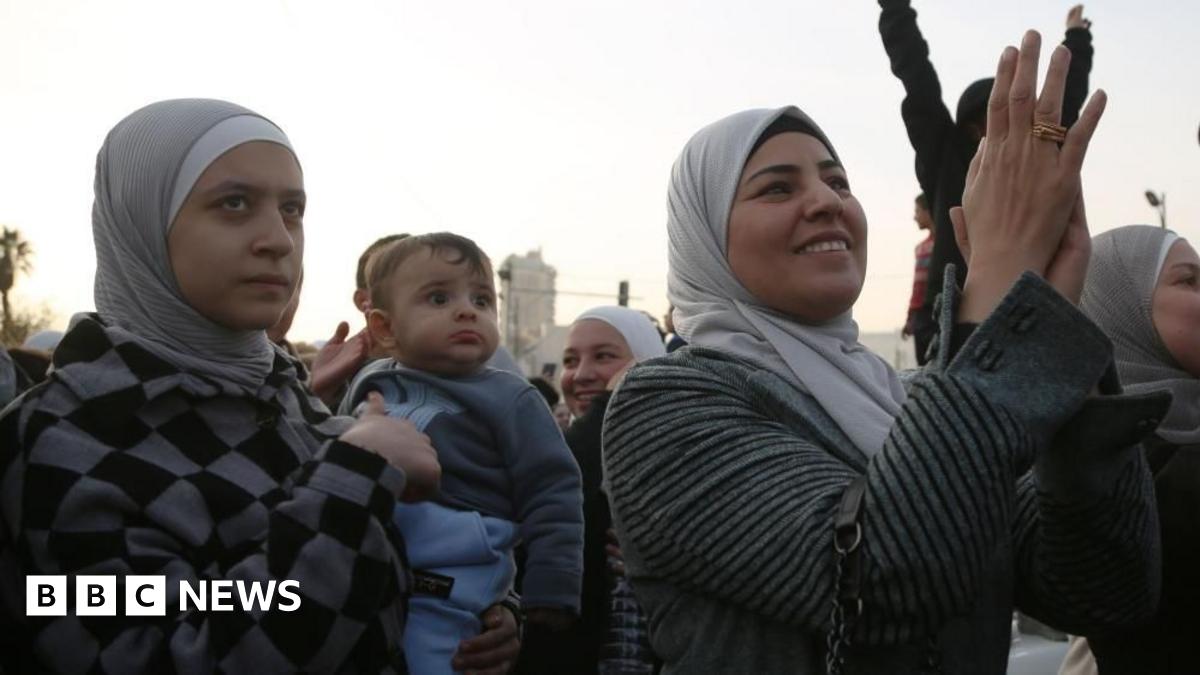The best scenario is that Syrians, helped by the big players in the region, will find a way to create a postwar mood of national reconciliation, not a wave of looting and revenge that will drag the country into a new war. Abu Mohammad al Joulani, the leader of victorious HTS, has called for his men and all of Syria’s sects to respect each other.
His men have removed the regime, and he is the closest Syria has to a de facto leader.
Syria, though, has dozens of armed groups that do not necessarily agree with him and will want to grab power in their own areas. In southern Syria, tribal militias did not recognise the writ of the Assads. They will not follow orders they don’t like from the new set up in Damascus.
In the eastern desert, the US saw a big enough threat from remnants of the Islamic State group to launch waves of air strikes. The Israelis, alarmed by the prospect of an Islamist state on their border, are pounding the military infrastructure of Syria’s armed forces.
It might be better to find a way to make a reformed Syrian Arab Army part of the solution in a country without much law or order. The reckless decision by the US in 2003 to dissolve the Iraqi armed forces had disastrous consequences.
In Turkey, President Erdogan must be satisfied by what he sees.
Erdogan’s Turkey did more than any other power to preserve the autonomy of Idlib province, where HTS was transforming itself into a fighting force when Syria seemed to be in the deep freeze.
Erdogan might see his influence lapping Israel’s borders, at a time when Israel-Turkey relations have been poisoned by the war in Gaza.
The worst scenario for Syrians is that their country will follow the example of two Arab dictatorships that spun into violent chaos after the fall of their regimes.
Colonel Gaddafi of Libya and Saddam Hussein of Iraq were removed without a ready-made replacement waiting in the wings. Ill-considered foreign intervention did much to create two catastrophes.
The vacuum left by the dictators was filled by waves of looting, revenge, power grabs and civil war.
Syrians have not been in charge of their own destiny for generations. Individuals were robbed of it by the two Assad presidents and their followers. The country lost it after war left it so weakened that bigger foreign powers used it to increase and preserve their own power.
Syrians still do not have agency over their lives. They might have a chance of creating a new and better country if they did.

